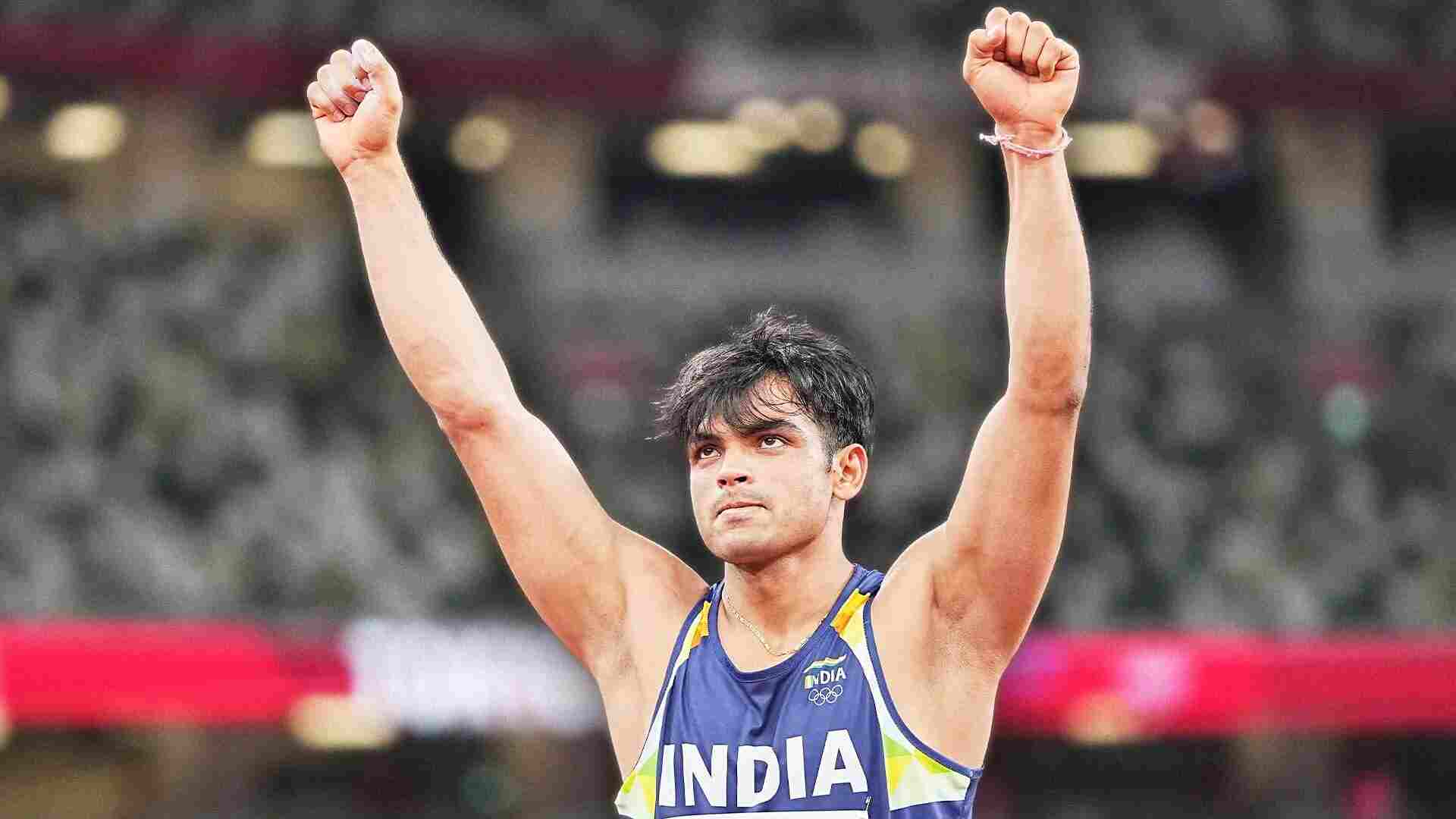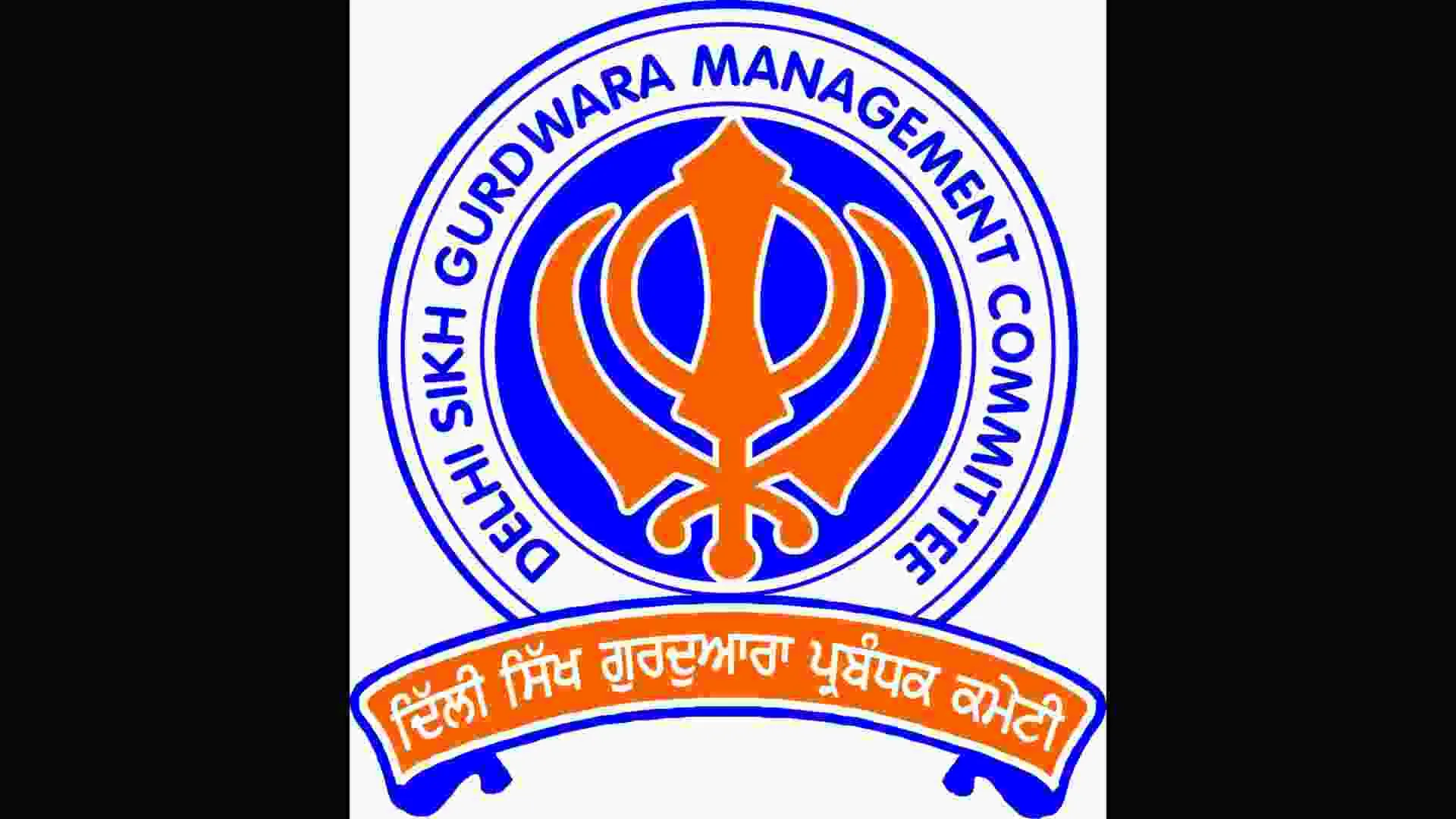Neeraj Chopra, India’s Olympic and world champion in javelin, recently opened up about his diet and occasional indulgences during the off-season. Despite his dedication to fitness and discipline, Chopra confessed his love for sweets. During an episode of the Fit India Champions podcast, he shared that he has a particular fondness for traditional Indian desserts, especially when he’s not in the thick of his rigorous training schedule.
Chopra revealed his favorite cheat meal, which combines two popular Indian sweets. “I am a big fan of sweets. Sometimes I like to eat gulab jamun with ice cream. I don’t know how many people would have tried this combination but I find it very enjoyable,” he said.
Neeraj Chopra Likes These Traditional Sweets
In addition to this unique combination, the Olympic champion also expressed his liking for other traditional sweets, such as kalakand (Indian milk cake) and churma, a homemade treat made from crushed Indian bread and ghee. However, Chopra emphasized that these indulgences are reserved for his off-season and are always followed by a return to his strict diet.
Expert Says…
Kanikka Malhotra, a consultant dietician and certified diabetes educator, highlighted the potential benefits of cheat meals. She noted, “By providing a mental break from restrictive diets, cheat meals can enhance adherence and prevent burnout.” Malhotra explained that incorporating occasional caloric surpluses, often referred to as “cheat meals,” can offer both physiological and psychological benefits for those who exercise regularly.
According to Malhotra, a balanced macronutrient diet can yield several advantages. “Psychologically, they can mitigate the stress response associated with prolonged caloric restriction, enhancing adherence to dietary regimens,” she said. Physiologically, temporary increases in caloric intake can stimulate anabolic hormones, potentially aiding in muscle protein synthesis and recovery. Such periods can also replenish depleted glycogen stores, which are essential for high-intensity exercise performance.
However, she cautioned that frequent or excessive deviations from a carefully planned macronutrient profile could undermine weight management goals and interfere with training adaptations. Malhotra emphasized the importance of individualized dietary strategies that consider factors such as training volume, intensity, and body composition goals to optimize benefits while minimizing potential drawbacks.
The nutritional content of some of Chopra’s favorite sweets highlights the need for moderation. Gulab jamun, for example, is rich in refined carbohydrates and saturated fat due to deep frying and sugar syrup. While kalakand, primarily made of milk solids and sugar, provides calcium, it is also high in calories and fat. Churma, made from wheat flour, ghee, and sugar, offers carbohydrates and healthy fats from ghee, but its calorie count can be substantial.
Chopra remarked, “When we athletes are in good shape, we don’t feel like eating sweets or fried delicacies because when we train, we get tired very quickly if the diet is not up to the mark. Hence, we do not feel like eating out of our diet plans. Cheat meals are fine but only sometimes.”
Manage Your Cravings
Malhotra also offered strategies for managing cravings, emphasizing the importance of a nutrient-dense diet. She suggested prioritizing foods rich in fruits, vegetables, lean proteins, and whole grains, as these can help keep you fuller for longer and reduce the likelihood of unhealthy cravings.
Additionally, she recommended regular meals and snacks, adequate hydration, mindful eating, sufficient sleep, and stress management techniques such as meditation or yoga to help control cravings.






















